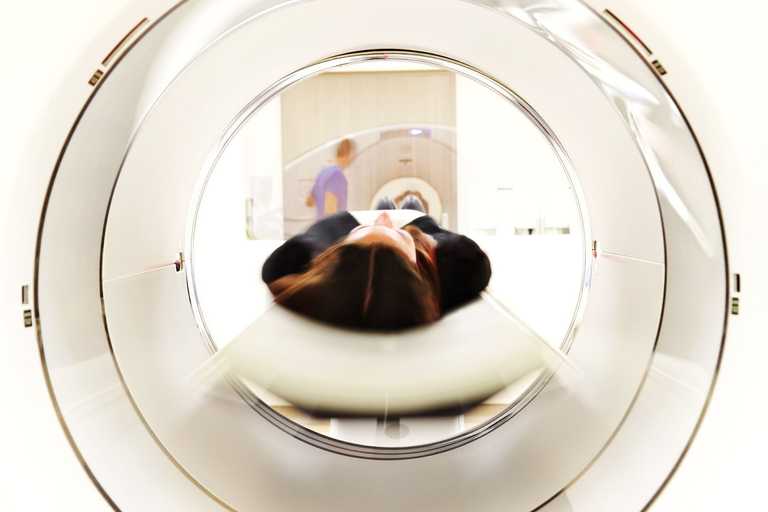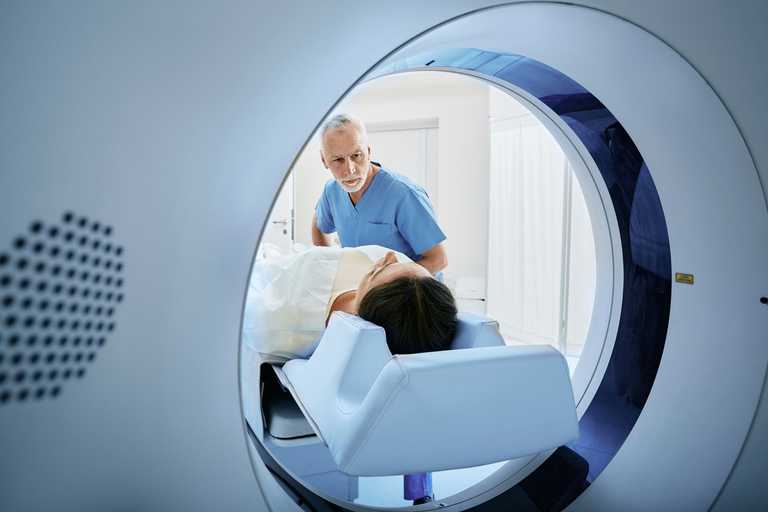
Ultrasound Guided Steroid Injections
Ultrasound-guided steroid injections with Prime Health can help reduce inflammation and provide significant pa...
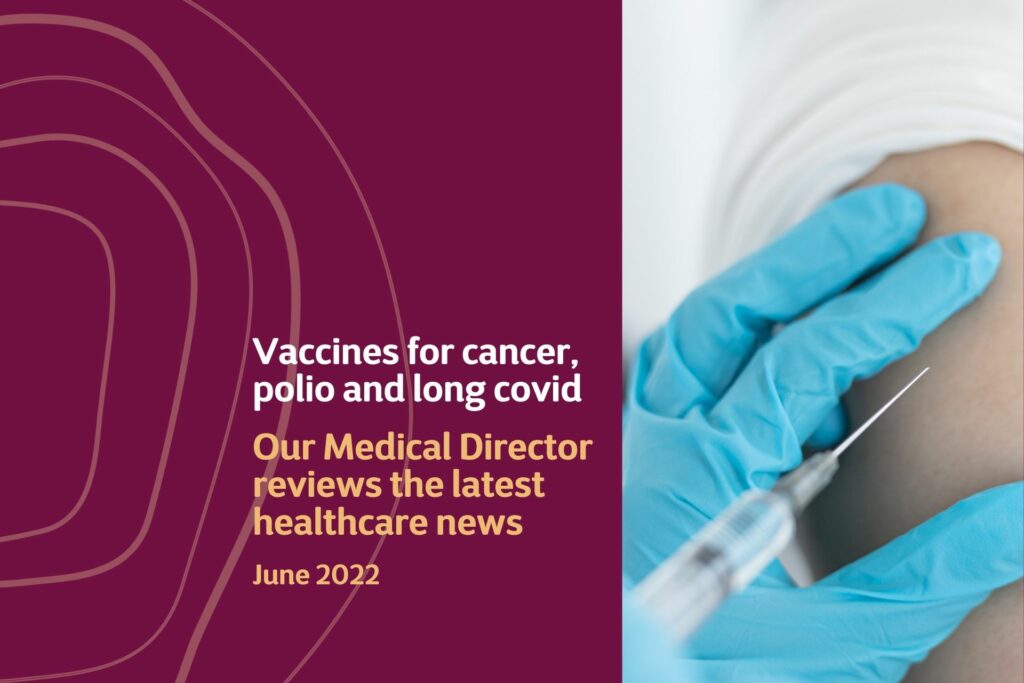
Group Medical Director for Prime Health and Medical Imaging Partnership reviews the latest headlines hitting the healthcare news in June and shares his thoughts.
A paper recently published in The Lancet by Leibig et al.(2022); looks at the effectiveness of an AI system to detect breast cancer on mammograms.
What study has been done to investigate the detection of breast cancer with AI?
The study took place in Germany and involved just over 82,000 women. Standard practice is for two radiologists to examine each mammogram and, if they detect suspicious findings, the women are called for further investigations such as a biopsy.
Previous studies have demonstrated that AI tools can reliably detect the signs of breast cancer on mammograms; however, Liebig and colleagues wanted to investigate the most effective way to use these tools.
They compared the performance of the AI tool in two different situations; firstly, directly replacing the radiologist and then secondly, when the tool is used as a decision support tool by a radiologist.
In the first situation, when used as a stand-alone tool, it performed slightly below the level of the radiologist.
When used as a decision support tool, the combination of AI and a radiologist performed better than the radiologist alone.
What this study also shows is that each AI system is unique. AI tools are developed by “exposing” them to many mammograms, and each tool will have unique characteristics.
The effectiveness of such tools is often measured by their sensitivity and specificity. Some will be very sensitive; that is, they are good at detecting disease.
Others will have lower sensitivity, so they are not so good at detecting the disease.
However, detecting disease is one aspect; we also need the test to reliably detect when the condition isn’t present. This is measured by the specificity.
Some tests may have high specificity, which means they can reliably be confident that no disease is present.
However, others are not so ‘specific’, Which, in health care terms means that they may identify some false positives. ie., it says you have the disease when you do not.
Therefore, the usefulness of these tools depends upon the balance of their sensitivity and specificity, which will be unique for each tool and the situation it is used in.
This paper is very much in line with the direction of AI in health care at the moment, where it is seen more as a support for clinicians in decision-making rather than a replacement.
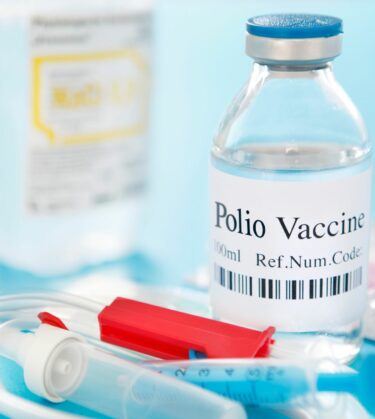
There has been a lot of coverage in the press about Polio being found in sewage in parts of London.
The UK was declared Polio free in 2003. There are three forms of Polio, and whilst type 2 and 3 have been eradicated, type 1 continues to circulate in some parts of the world.
The Polio virus is transmitted through contact with a person’s saliva or faeces. Polio can cause headaches, fever, vomiting and pain in the limbs. But, in 1 in 200 cases, it leads to a form of paralysis.
Live polio virus was detected in Beckton Sewage samples in Feb and May of this year. The virus was a weakened form which is used in some types of vaccination, which have not been used in the UK since 2004.
Public health officials concluded it must have come from an individual who was vaccinated abroad.
Sewage is regularly checked, and it is not uncommon to detect 1-3 episodes of vaccinate-related virus in sewage in any given year.
However, this was the first time genetically similar samples had been seen, implying that the virus was spreading.
It would therefore appear that the Polio virus is coming from more than one individual
The public health team are also concerned that the virus may mutate over 12-18 months into a form that may be able to cause paralysis.
New strains of polio are a risk to unvaccinated individuals in the community. Currently, the level of vaccination of Polio in London for pre-school Polio is around 73%; which one of the lowest levels in England. Fully vaccinated individuals are at no risk of Polio.
And that’s the big risk in all of this. There’s a very slight chance of mutation, and if that were to occur, the unvaccinated are at risk; the solution is to ensure that all who haven’t completed their vaccination course complete it.
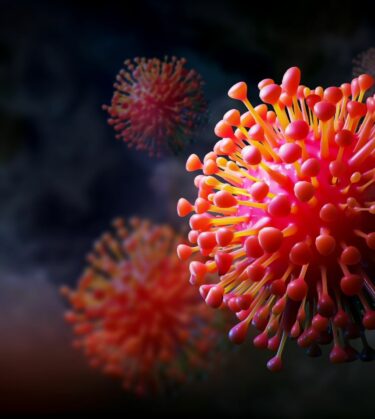
The British Medical Journal (BMJ) has published a paper by Ayoubkhani et al. looking at whether there is an association between the development of long Covid symptoms and Covid vaccination.
The team studied just over 28,000 adults between 18 and 69 who received at least one dose of a Covid vaccine after testing positive for Covid. They then reviewed these individuals to determine if any developed long covid symptoms at least twelve weeks after they tested positive for covid.
They found that 23% of the group reported long covid symptoms of any degree of severity. However, those who had had a vaccination experienced a 13% reduction in reporting long covid symptoms. Those who had a second dose of the vaccine also reported fewer symptoms of long Covid than those who had no vaccines, or just one dose.
Although this is an observational study and not as ‘robust’ as a randomised control trial in deterring causation, this study does indicate that those who received vaccination reported fewer symptoms of long Covid and in those with two vaccinations, the numbers were even lower.
This study hints at the vaccine providing a degree of protection against long Covid, but further studies are needed to determine causation.
Dr Paul Zollinger-Read, Medical Director summarises an article in the New Scientist which looks at personalised cancer vaccines:
It has been known for many years that cancer is able to evade our immune system. Cells which would normally be identified as abnormal and destroyed, grow and multiply due to cancers’ ability to hide from our immune defences.
The first drugs to challenge this situation were developed in 2011 and are known as checkpoint inhibitors. These drugs managed to boost the ability of the body’s T cells to attack some cancer cells; however, they only worked on some cancers. The work on boosting immunity naturally led to the notion of developing vaccines against cancerous tissue.
The initial work on vaccines was undertaken on melanoma, skin cancer. Doctors at the Dana-Faber centre in the US analysed the DNA of patients with advanced melanoma.
They identified 20-30 abnormal proteins on the surface of the tumours and developed a personalised vaccine for each patient against these proteins.
The patients then received 7 shots of the vaccine over a six-month period, exposing the immune system increasingly to these abnormal proteins and amplifying their response against the cancer. Of the seven who received the vaccines six are still alive today, which is a very significant result.
A similar approach has been tried at Mount Sinai Hospital in the US. for patients with brain tumours. They combined the vaccine approach with other immune stimulants. As a result, nine of the twelve patients are still alive two years after receiving the vaccine; the average life expectancy for patients with this condition is less than 18 months.
This approach shows a great deal of promise, but the costs are currently very high, around $100,000 for each vaccine.
This approach is now being tested in many different areas and clearly is starting to make a difference. Although very expensive, it is likely that the costs will reduce as this becomes a more mainstream approach; it’s undoubtedly the most exciting development in cancer treatment for many years.
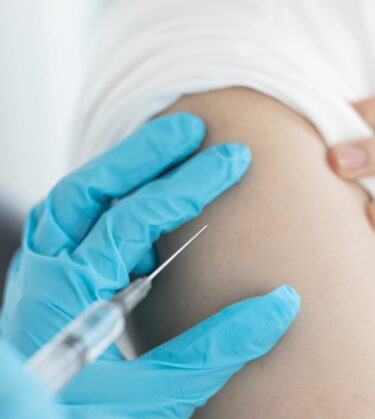
A brief word on irritable bowel syndrome from an article in the New Scientist.
This is a very common condition; the passing of loose stools, often associated with bloating, cramping abdominal pain, sometimes constipation, and sometimes diarrhoea. IBS affects about 10% of the population.
Progress has come from an unusual source, faecal transplants. It seems in IBS there is often an imbalance between good and bad gut microbes. Recent studies have shown that transplanting samples of faeces from individuals thought to have a healthy mix of gut microbes can substantially improve the symptoms in this condition.
The benefit seems to persist, and over two-thirds of those receiving a transplant have significantly reduced symptoms three years on.
The views expressed in the blog are my own personal views and are not intended as medical advice.
Ultrasound-guided steroid injections with Prime Health can help reduce inflammation and provide significant pa...
The highly experienced private GPs at Prime Health are here to keep you healthy. In a fast-moving world, they ...
Prime Health gives you fast access to the latest MRI expertise and 3T technology so you can get diagnosed and ...
Our all-inclusive diagnostic scanning package offers everything you need for quick, expert care—all for a fixed price.
Learn morePrime Health Surrey has enhanced its healthcare offering with the installation of a state-of-the-art CT scanner. Appointments available.
Learn moreIn partnership with the General Practice Group, we have extended our Private GP service to our centre in Brighton.
Learn moreRegister today for Prime Health Surrey's online booking system. Book and manage appointments at your convenience.
Learn more
